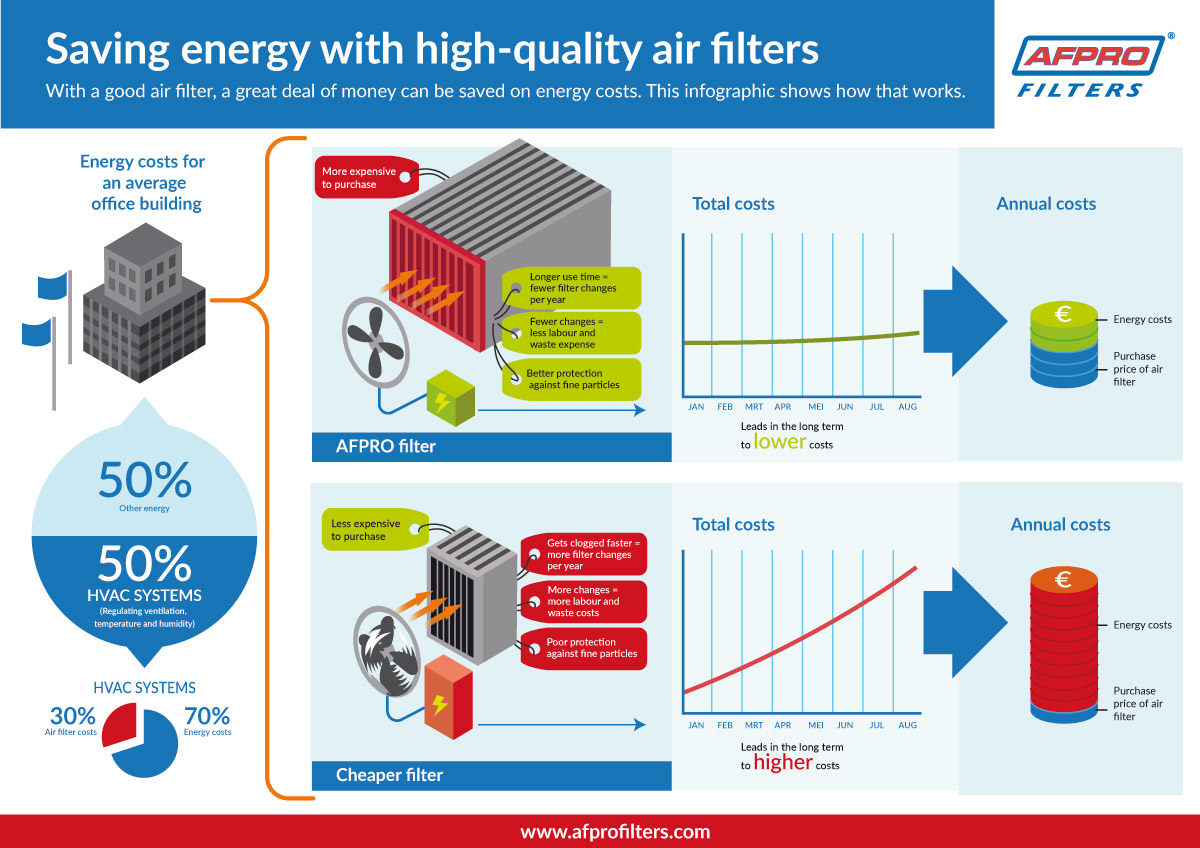Making Best Use Of Comfort And Savings - Tips For Optimizing Your Heatpump Efficiency
Making Best Use Of Comfort And Savings - Tips For Optimizing Your Heatpump Efficiency
Blog Article
Article By-Bang Kiilerich
Whether you have a heatpump or have an existing boiler back up, there are a couple of things that can be done to optimize your system for efficient procedure. By complying with these suggestions, you can take full advantage of convenience and financial savings without stressing your system or racking up energy costs.
Changing your thermostat for performance is one of the very first steps. Using zoning capacities to restrict home heating of unoccupied spaces is an additional effective approach.
1. Establish Your Thermostat to the Right Temperature
As the seasons alter, stabilizing convenience and cost efficiency can be a challenge. The good news is, a few basic pointers can assist you lessen power consumption and make best use of savings.
Beginning by identifying the very best temperature for your household, then establish your thermostat as necessary. Avoid making big jumps up and down in the temperature level setup, as this will certainly trigger your heatpump to cycle on and off more frequently, consuming more energy.
Rather, slowly lower the temperature at night for an extra comfy resting environment. Then, elevate it slightly in the morning. Remember to keep air vents open and directed downward when home heating, and up when cooling down to optimize flow.
2. Inspect Your Unit Consistently
A heatpump system requires very little maintenance, yet it is very important to examine the device on a regular basis to catch any troubles prior to they end up being severe. Tidy interior filters on a routine established by the manufacturer or when they're visibly unclean, and make sure exterior units contend the very least two feet of clearance to permit air movement.
Inspecting the device will certainly also include cleansing, tightening up electrical terminals, and running efficiency tests to guarantee precision throughout home heating and cooling modes. It's suggested to have an expert service the heatpump two times a year. Executing these routine services can make best use of energy cost savings and lengthen the life of the system.
3. Clear Snow and Ice Around the Unit
Heatpump are designed to run outdoors and need to be devoid of snow and ice in order to circulate air. If your heat pump is obstructed by snow and can't attract air, it will certainly toggle between heating and cooling and might strain.
It is necessary to remove a two-foot clearance around your outside unit in order to boost air movement and avoid ice buildup. Heat pumps generally go into a defrost setting in the winter months to thaw ice and snow but this procedure can be problematic if your system is blocked by excessive snow. This will certainly minimize your energy effectiveness and bring about pricey fixing bills in the future.
4. Evaluate the Cooling Agent Degrees
A heatpump utilizes refrigerant to cool your home in summertime and warm it in winter. You can aid maximize its performance by consistently checking the cooling agent levels.
It takes more power to change the temperature level of your heatpump from a comfortable setting to a cooler one than it does to maintain that temperature. Altering the temperature for brief time periods can likewise waste energy.
Leaking air ducts and unclean air filters can bring about irregular temperature levels. They can also make your heat pump much less reliable and cost even more to run. A professional can locate and repair these troubles to boost your heat pump's performance.
5. Maximize Your Zoning Capabilities
Utilizing the zoning abilities of a heatpump can help to reduce power waste by warming only busy rooms. This not just reduces power usage however additionally decreases operating costs and prolongs the life of the system.
The Build Well balanced Zones tool makes use of a genetic algorithm to build zones that satisfy needed zone building standards. These requirements consist of equivalent location, density, and equivalent number of functions.
Additionally, by using clever thermostat technology to maximize the temperature settings based upon tenancy patterns and scheduling, you can additionally enhance your heat pump's effectiveness. Maintaining https://docs.google.com/spreadsheets/d/1M4QoRQBniATnnSlfIthVFhYczUgYJf4lKxw942n_dzQ/edit?gid=1074771488#gid=1074771488 , ensuring appropriate insulation and having your ductwork examined for performance can all contribute to boosted energy savings also.
6. Shielding the Outdoor System
Property owners frequently ask whether it's worthwhile to plant shade trees near their outside ac system (AIR CONDITIONING) unit. The response is usually indeed, as shading the air conditioner system can help in reducing warm from the sunlight, which consequently helps it cool extra efficiently.
Nonetheless, it is very important to note that shielding the AC unit does not necessarily cut power consumption. As clarified in the Discussion section of the FSEC report, the temperature of the bordering air has a bigger impact on cooling down efficiency than does the volume of air pulled in by the air conditioning unit.
If your cooling compressor gets on the south side of your home, consider planting high, deciduous trees with wide, vast covers. https://www.facilitiesnet.com/jobs/details/Building-Engineer--787 can supply adequate shade within one year.